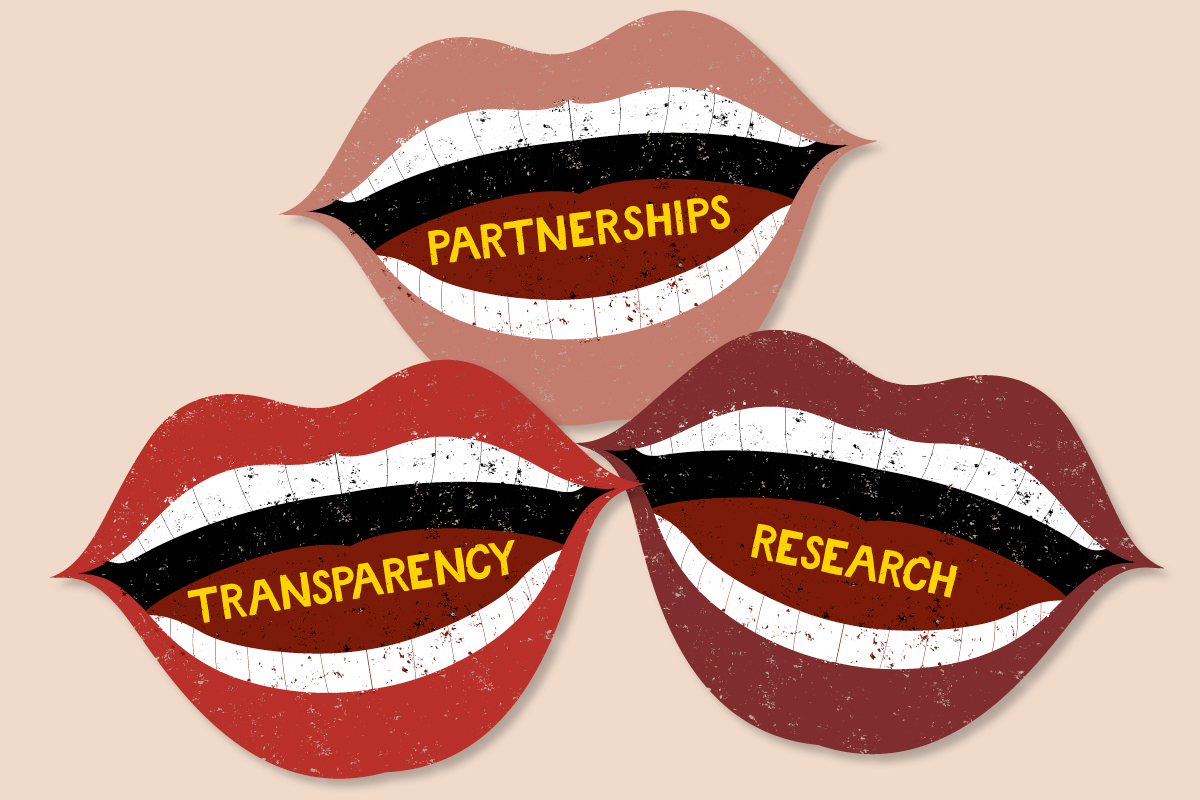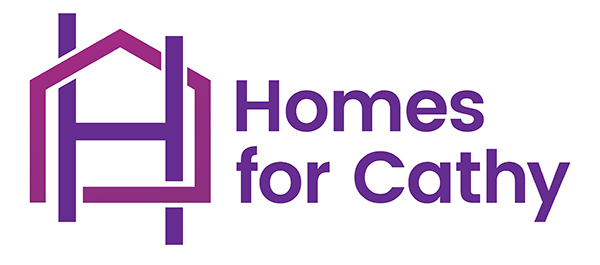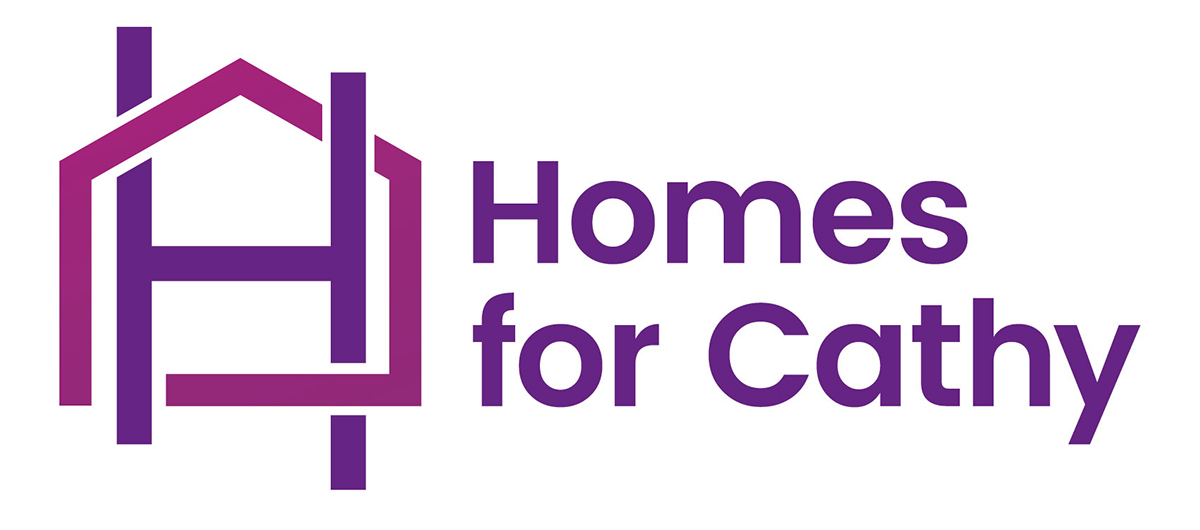You are viewing 1 of your 1 free articles
Let’s ask homeless women what they need
Asking homeless women what will improve their situation is the way to design better services, says Becky Evans
Homelessness is a national crisis and something we witness daily – while going about our daily routines, through catchy charity campaigns on public transport, and in endless headlines and stories in the media. It goes far beyond the ‘visible’ rough sleeping; thousands more are struggling with inadequate temporary accommodation, sleeping in night shelters or relying on friends, family or acquaintances for a roof over their heads.
Homelessness is an extreme and inhumane experience for anyone living it. However, women have a unique experience – not worse, not better, but different. Homelessness is a women’s issue.
Women’s experiences shape how they access help, engage in support and use the services that are set up to help them. Groundswell’s recent research on women, homelessness and health found that 39% of the women we spoke to had experienced domestic violence and 25% had experienced sexual violence. This is not to say all violence was carried out by men, yet the majority of perpetrators were. So, when services and accommodation are designed to help solve or end women’s homelessness, this trauma must be considered.
A set of recommendations from the research focused on the need for ‘women-only’ spaces in homelessness services and dedicated services available for women 24/7. The trauma of a woman’s experience stays with them; walking into a male-dominated service, being given a male support worker or witnessing an altercation with a man can be triggering.
“I’m talking about women who are living with physical health issues (74%), struggling with their mental health (64%), living with depression (45%), mothers (47%) and women who have been homeless for more than a year (65%)”
These encounters can alienate women, pushing them away from accessing services or support that is going to help them progress and move out of homelessness. A clear theme emerged that people working within support services should be trained in gender and trauma-informed approaches, so they effectively meet the needs of the woman by building the necessary rapport.
Groundswell brought together women who are and have been homeless with those working within the homelessness, health and social care sector to create recommendations based on the research findings. For me a clear theme shines through: asking, involving, talking and listening to women who know what it’s like to be homeless, and to escape homelessness. Following this, we should use the insight to design, deliver, fund and develop more appropriate services.
Is this ground-breaking? If you look at the commercial world then I suspect the answer is no. They wouldn’t invest in a bringing a product or service to market before carrying out extensive market research and testing beforehand (and if they don’t, they probably have money to waste and are not impacting lives by getting it wrong).
I’m talking about women who are living with physical health issues (74%), struggling with their mental health (64%), living with depression (45%), mothers (47%) and women who have been homeless for more than a year (65%). We should be doing all we can to offer solutions that work – so let’s ask women what they are. What is going to improve or change your current situation? Ask ourselves, can we do something to better accommodate women purely from seeing this statistic or piece of research? When three-quarters of the women we see are likely to have a health issue, is there something we can do or offer to help them with this?
The recommendations include flexible funding. Services know their client group the best, and therefore they can use their expertise to deliver support services that are really needed. Putting strict criteria on funding can be counter-productive without the knowledge of what the best service is to provide.
“When three-quarters of the women we see are likely to have a health issue, is there something we can do or offer to help them with this?”
The co-production of services was also suggested – let the women who are using or have used services influence them. Their experience in how something could be done differently and more effectively to bring the best outcome for women is invaluable. Challenge the status quo and reject the “this is how we’ve always done it” response. The people who are using, or have used, services are best placed to reflect on their journey and influence change.
Of course, there is no one-size-fits-all approach. The women Groundswell spoke to in the research and who we support every day have individual experiences, challenges, needs and desires. Nevertheless, there are themes we can use to better inform ourselves when providing support, solutions, accommodation and advice to women experiencing homelessness.
Ultimately, we all want to help them move out of homelessness and lead fulfilling lives, so a good starting point is asking them what we can do to help them achieve that.
Becky Evans, fundraising and communications manager, Groundswell
Homes for Cathy Annual Conference
Inside Housing is pleased to join forces with Homes for Cathy to deliver the third edition of the Homes for Cathy Annual Conference, taking place on 23 March 2020 at the Congress Centre, London.
Supported by the Chartered Institute of Housing and Crisis, the conference will unite leaders and practitioners from housing associations, local authorities and charities to share real examples of the work being done to end homelessness. The event provides a platform for informed debate and discussion, examination and exploration around the good practices being used in the sector.
Homes for Cathy is a group of housing associations that were formed in the Cathy Come Home era. They came together in 2016 to mark the 50th anniversary of Cathy Come Home and to highlight the continuing needs of homeless people.
The Homes for Cathy group has been organising a range of local and national events over the past three years, with the aim of raising awareness of the needs of homeless people and working on strategies to end homelessness.
All surplus from the conference will go to the Homes for Cathy group to support its work bringing together housing associations, homelessness charities and local authorities to end homelessness.
The nine Homes for Cathy commitments
The Homes for Cathy group of housing associations, working with housing charity Crisis, is asking its members to sign up to nine commitments to tackle homelessness:
They are:
- To contribute to the development and execution of local authority homelessness strategies
- To operate flexible allocations and eligibility polices which allow individual applicants’ unique sets of circumstances and housing histories to be considered
- To offer constructive solutions to applicants who aren’t deemed eligible for an offer of a home
- To not make homeless any tenant seeking to prevent their homelessness (as defined in the Crisis plan)
- To commit to meeting the needs of vulnerable tenant groups
- To work in partnership to provide a range of affordable housing options which meet the needs of all homeless people in their local communities
- To ensure that properties offered to homeless people are ready to move into
- To contribute to ending migrant homelessness in the areas housing associations operate
- To lobby, challenge and inspire others to support ending homelessness












